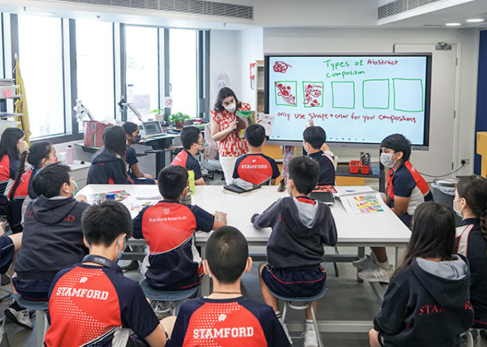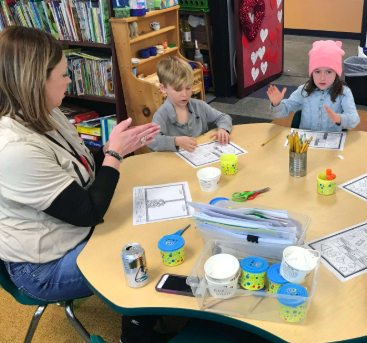As personalized learning gains momentum in schools, preparing educators to implement it effectively has become a top priority. Teachers are the driving force behind successful personalization in the classroom, and with the right training, they can design learning experiences that support every student’s needs. In 2025, professional development focused on personalized learning is helping educators build skills in flexibility, technology use, and student-centered teaching.
Why Teacher Training Matters
Personalized learning requires a shift from traditional instruction to a more adaptive, responsive model. Teachers need not only new tools, but also new mindsets. Training ensures that educators understand the goals of personalized learning and feel confident using strategies that empower students to take ownership of their learning.
Key Components of Effective Training Programs
- Foundational Understanding of Personalized Learning
Educators should begin with a clear overview of what personalized learning is, how it differs from traditional instruction, and why it matters for student success. - Hands-On Experience with Technology Tools
Training should introduce digital platforms that support personalization, including adaptive learning tools, data dashboards, and communication apps. Educators benefit from practicing with these tools before using them with students. - Instructional Strategy Workshops
Sessions that focus on differentiated instruction, flexible grouping, goal-setting with students, and formative assessment practices are essential. These workshops should include examples, modeling, and time for collaborative planning. - Data Literacy and Progress Monitoring
Teachers should learn how to collect, interpret, and use data to guide instruction. This includes identifying trends, making timely adjustments, and ensuring learning equity. - Classroom Management for Personalized Environments
Managing a personalized classroom requires clear expectations, student accountability systems, and routines that support independent and small-group learning. - Cultural Responsiveness and Equity
Training must include inclusive practices to ensure all students benefit from personalization, including those with learning differences, language needs, or limited access to technology. - Ongoing Coaching and Peer Collaboration
Follow-up support is vital. Teachers need opportunities to share experiences, ask questions, and receive feedback through coaching sessions, professional learning communities, or mentoring programs.
Creating a Culture of Growth
Successful training doesn’t end after a single workshop. Schools can build a culture that values experimentation, reflection, and continuous learning. When educators feel supported and encouraged, they’re more likely to innovate and refine their approach.
Moving Forward
In 2025 and beyond, professional development that supports personalized learning is essential for preparing future-ready classrooms. By investing in comprehensive, practical, and inclusive training, schools empower teachers to meet diverse student needs and foster deeper learning.
With the right training in place, educators become confident leaders of personalized instruction—making learning more engaging, equitable, and effective for all.














